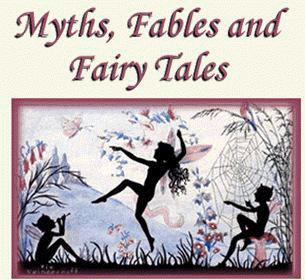More myths about illness and couples
I eagerly invite you to add your myths to this list. Maybe when we make them visible, we won't feel so constrained by them.

1) Grief happens after your partner dies.
So very not true. Grief becomes a part of the ongoing illness experience - at first diagnosis, with each little slide downhill, with each recurrence of symptoms, each time you can't do what you used to do together. And grief takes a different shape at all of these moments of awareness of loss. Grief after death has its own shape and may be different for each person.
2) Don't tell the children, protect them from the reality of the parent's illness.
It all depends - on their age and maturity and their history with loss. However, children KNOW! They are empathic sponges and absorb tiny changes in the family ecosphere. The know something troubling is happening -- they just don't know what it is. Finding the right way to tell them can be healing for all. It allows the family to join together and find strength in each other instead of standing apart protecting a secret.
3) Don't tell your partner how bad you're feeling, it will only make it harder for him/her.
It depends on the relationship. If it's a suck-y one and telling won't get you any compassion or may result in your partner mocking you for your "weakness," then not telling may be the right thing. But if this is the kind of relationship you're living in, perhaps the harshness of it is only adding to your stress. It may be time to consider therapy.
If your relationship is generally a close, supportive one, then your partner already KNOWS something is wrong. Like the children in myth #2, your partner can probably tell from the way you breath or move that something is going on -- he/she just doesn't know what. By not telling you cheat both of you of the opportunity to hold each other, comfort each other, and carry the worry together (which usually tends to make it lighter).
4) Retreating from the relationship means rejection of your partner.
Au contraire. Who can be with their partner all the time - in health or in sickness? The ill partner may need some alone time to focus all their energy on getting better - physically, emotionally, or spiritually. The well partner may need some alone time to regenerate and engage in activities to restore his/her stamina. The trick is to make sure you tell your partner, out loud, that you are taking some alone time so you can get stronger and have more to bring back to the relationship. Putting this into words will help prevent your partner feel accompanied, not rejected.







